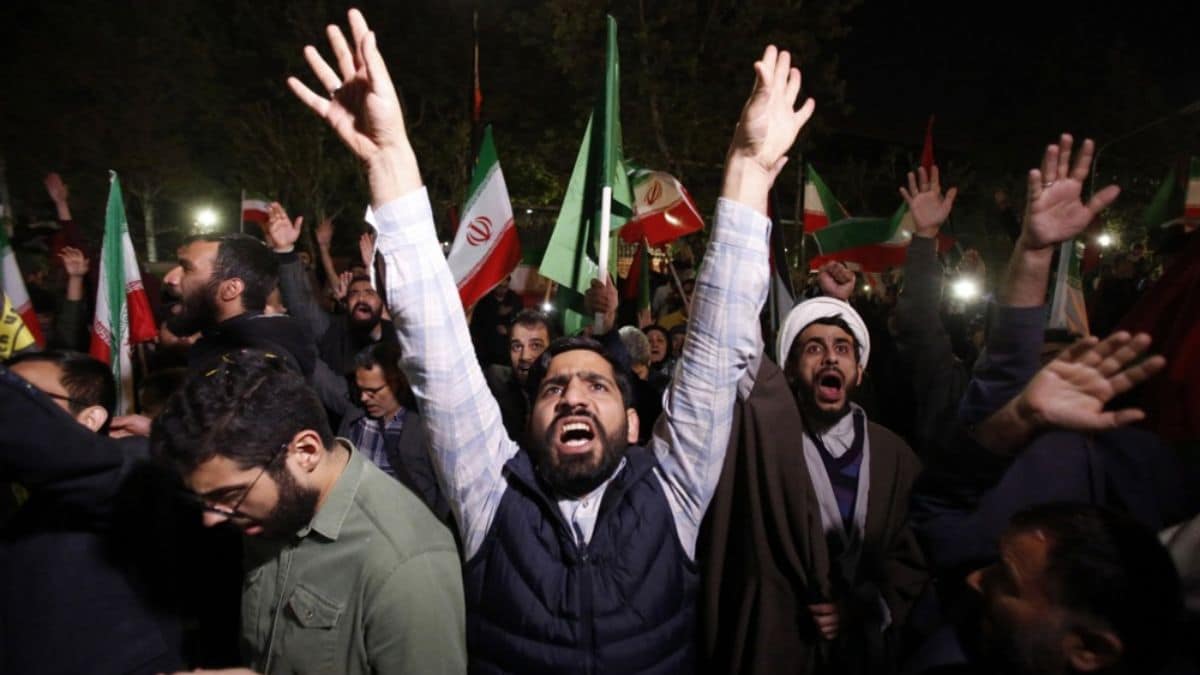Since at least 2010, Israel is reported to have conducted numerous attacks within Iran, targeting critical nuclear and military facilities and carrying out high-profile assassinations. These actions intensified following a massive explosion at Iran’s Natanz uranium enrichment site in July 2020, which severely damaged one of the facility’s buildings.
In November 2020, Mohsen Fakhrizadeh, a central figure in Iran’s nuclear program, was assassinated in a sophisticated roadside attack near Tehran. Fakhrizadeh had long been suspected by Western and Israeli intelligence of spearheading Iran’s covert nuclear weapons initiatives.
The assassination of Fakhrizadeh, executed with what was described as a high-tech, remote-operated machine gun, shocked Iranian officials and exposed significant vulnerabilities within Iran’s security apparatus. The incident led to heightened suspicions that Israel had an extensive network within Iran, capable of executing complex operations with advanced technology.
Since Fakhrizadeh’s death, Israel’s alleged activities have continued unabated. Despite Israel’s consistent denial of involvement, many incidents at Iranian military and industrial sites are widely attributed to Israeli sabotage or drone strikes. This escalation in covert operations includes a notable attack on January 28, 2023, where suicide drones targeted a military facility in Isfahan. Senior intelligence sources suggest that Israel’s Mossad was involved in this attack on an advanced weapon-production site.
The frequency of attacks and sabotage has prompted Iranian officials to make public statements about their efforts to counter Israeli operations. Iran’s former Minister of Intelligence, Ali Younesi, expressed grave concern in 2021 about the extensive infiltration by Mossad into Iranian sectors, urging that officials should be vigilant for their safety. This concern was underscored by the April 2021 explosion at Natanz, which disrupted the power supply for centrifuges and caused significant damage.
In addition to physical attacks, Israel has reportedly launched numerous cyberattacks against Iran. In October 2021, a cyberattack disrupted a government database critical for issuing subsidized fuel cards. The pattern of targeted killings and technological disruptions has revealed a troubling level of Israeli penetration into Iran’s security and infrastructure.
The recent assassination of Hamas leader Ismail Haniyeh on July 31 further exemplifies Israel’s ongoing military-intelligence operations. This killing is anticipated to be one of the most significant intelligence victories for Israel in recent history, highlighting the depth of its influence and operational reach.

